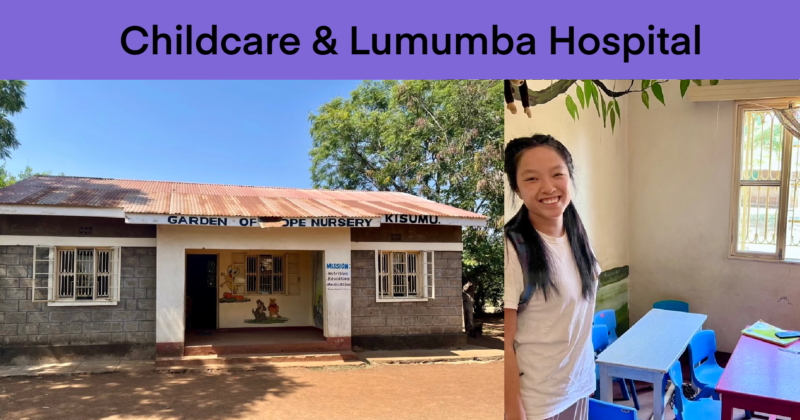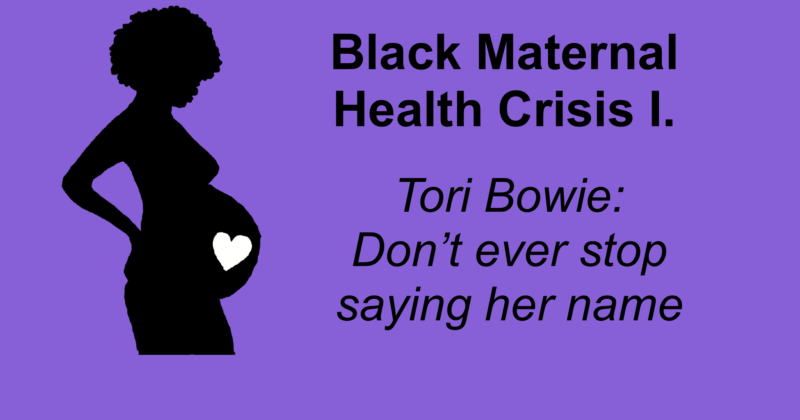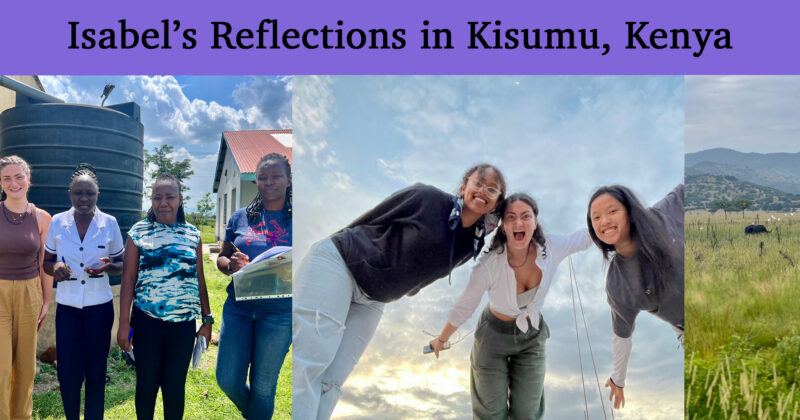
Reflections from the Field: SRT Student, Sahil’s Reflection in Kisumu
Four weeks into our Duke Global Health SRT program in Kisumu, Kenya, Afraaz, Kelsey, Skylar, and I (Sahil) have been assisting in launching a pilot study for a mobile health app designed to facilitate HPV screening and cervical cancer prevention. While our initial focus was on integrating feedback from community health promoters (CHPs) who use the app, we quickly found ourselves contributing to two other critical projects: U54, focused on HPV vaccination and screening, and Elimisha, aimed at community education and stigma reduction around HPV and cervical cancer. Our first field visit took us to three primary schools, where we met with head teachers and the local chief to discuss an upcoming free vaccination and screening clinic. This involved securing permission for girls to attend the multi-day clinic, even if it meant missing some school. Since then, our primary contribution to U54 has been creating a one-pager to advertise the clinic, set to be distributed starting July 1st. The second field visit,...









